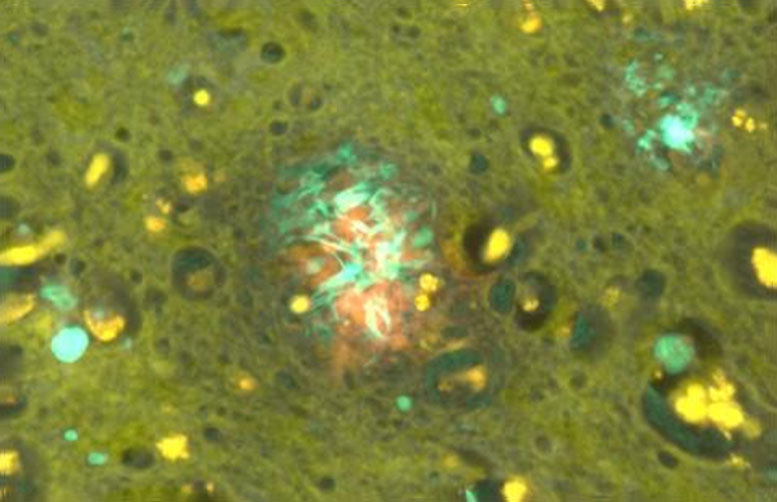- Joined
- Dec 22, 2007
- Messages
- 8,524

Alzheimer’s Disease Linked to Exposure to Aluminum
A new study published in the Journal of Alzheimer's Disease (JAD) on January 13, 2020, supports a growing body of research that links human exposure to aluminum with Alzheimer's disease (AD). Researchers found significant amounts of aluminum content in brain tissue from donors with familial AD. The
scitechdaily.com





















































































